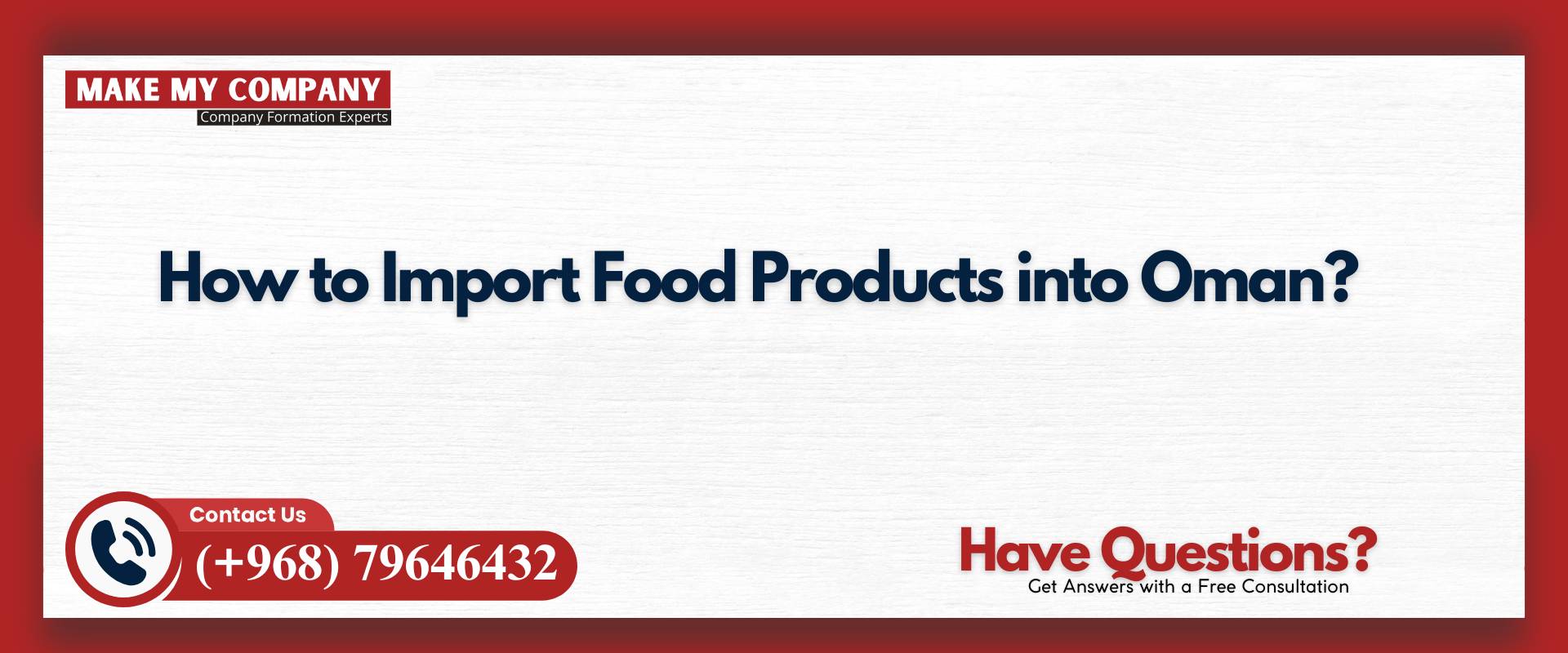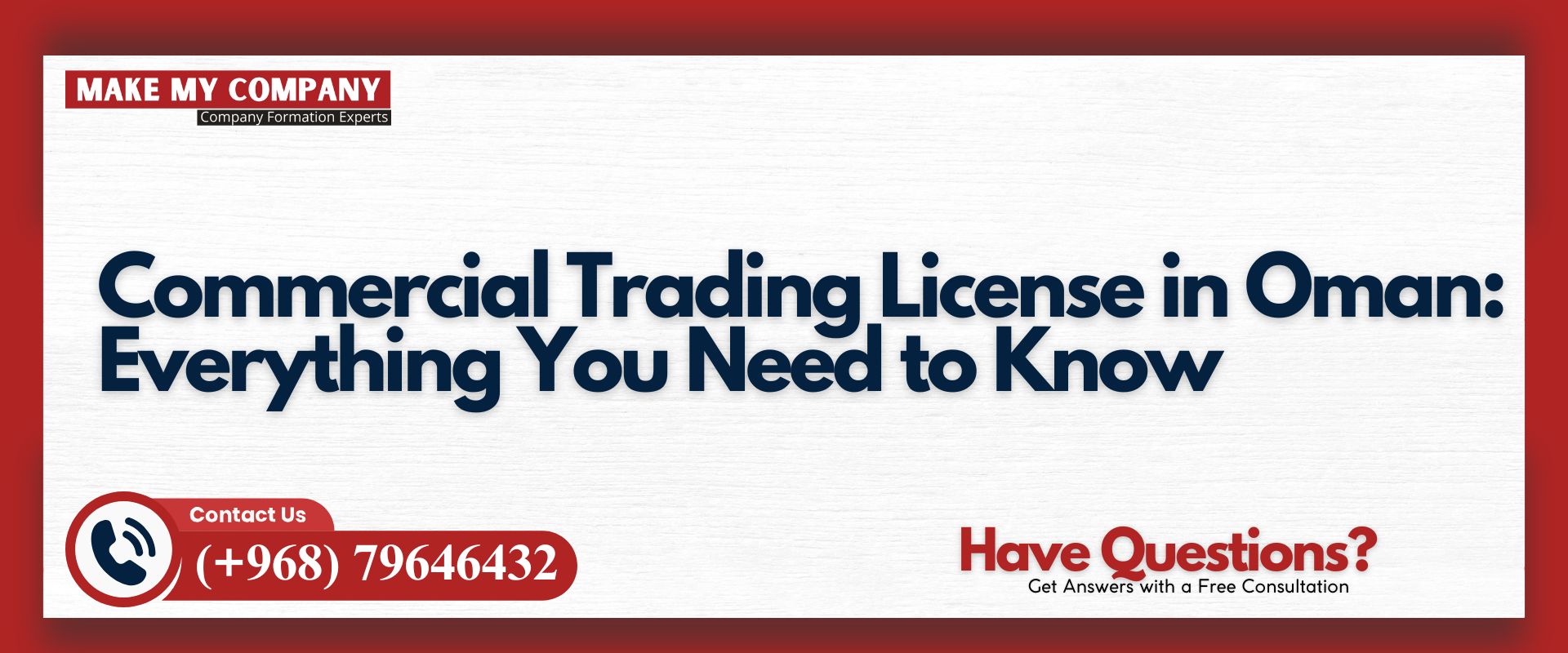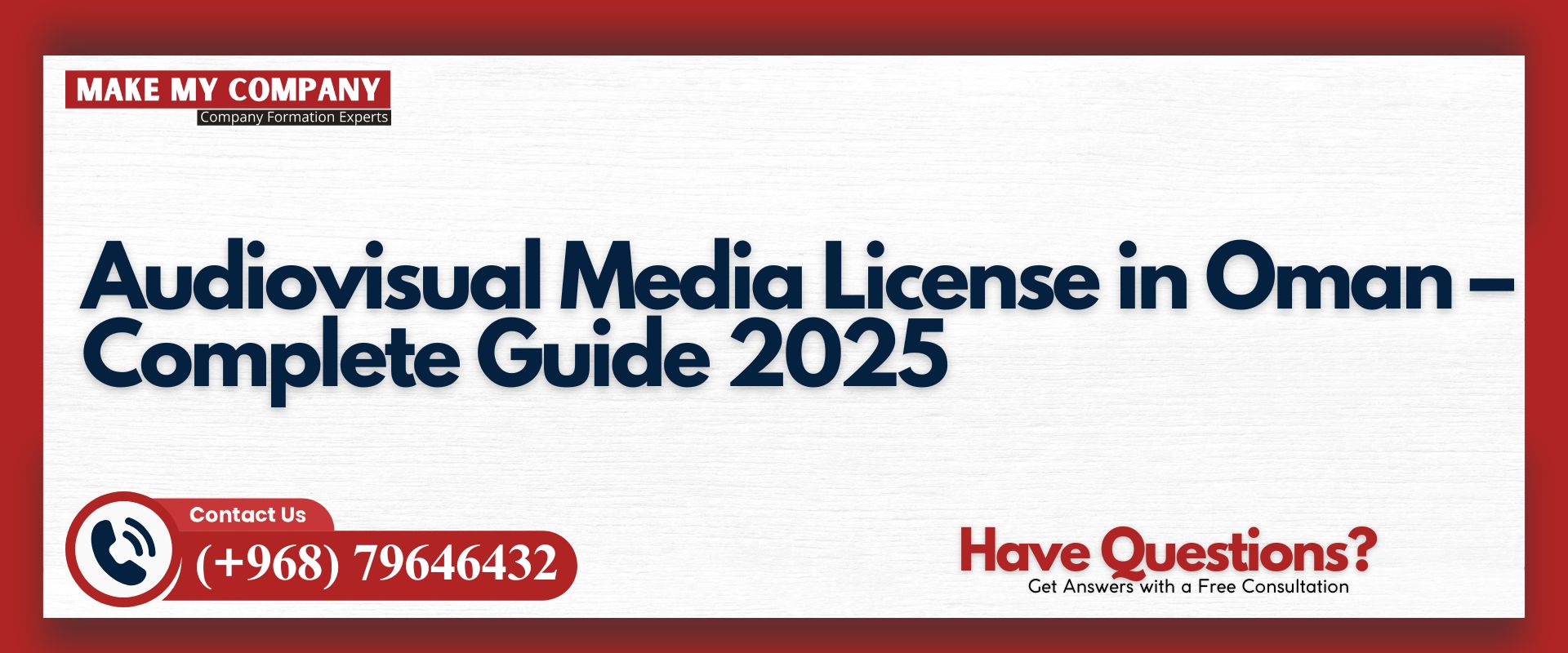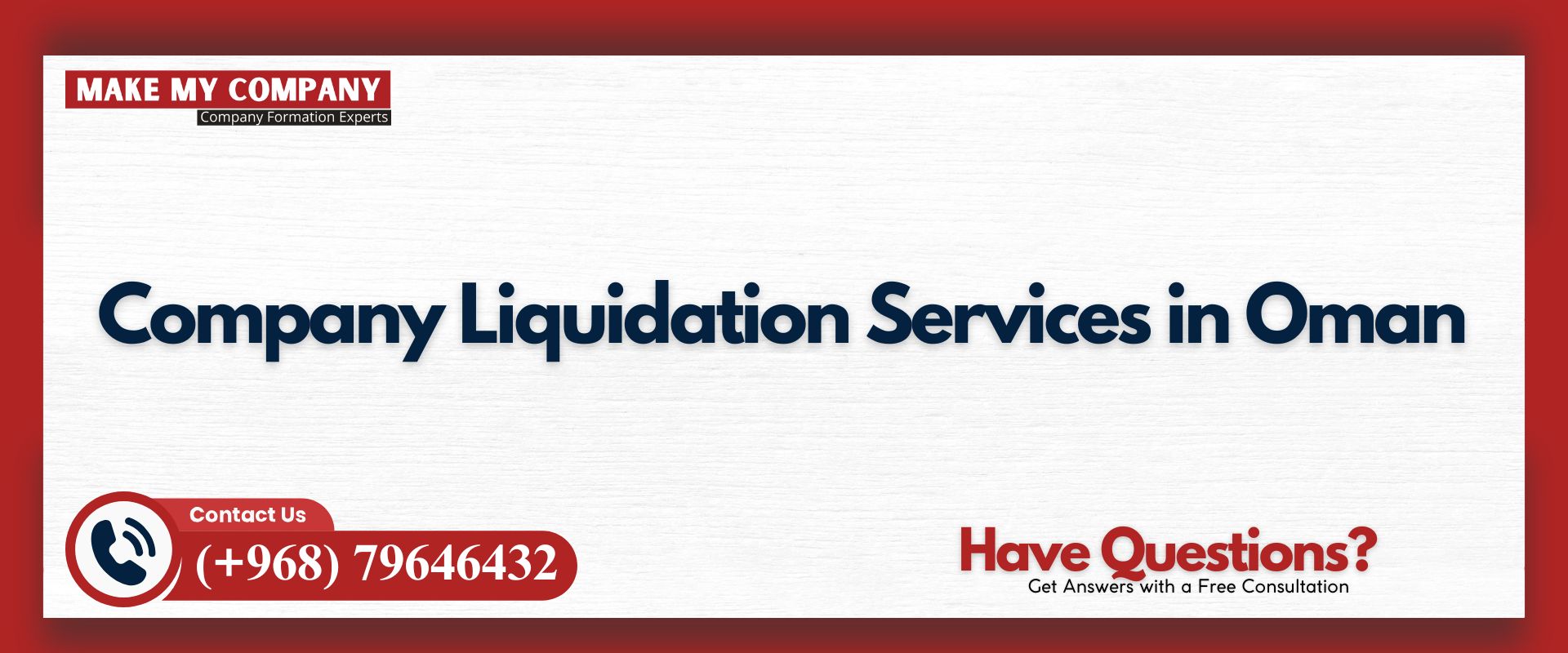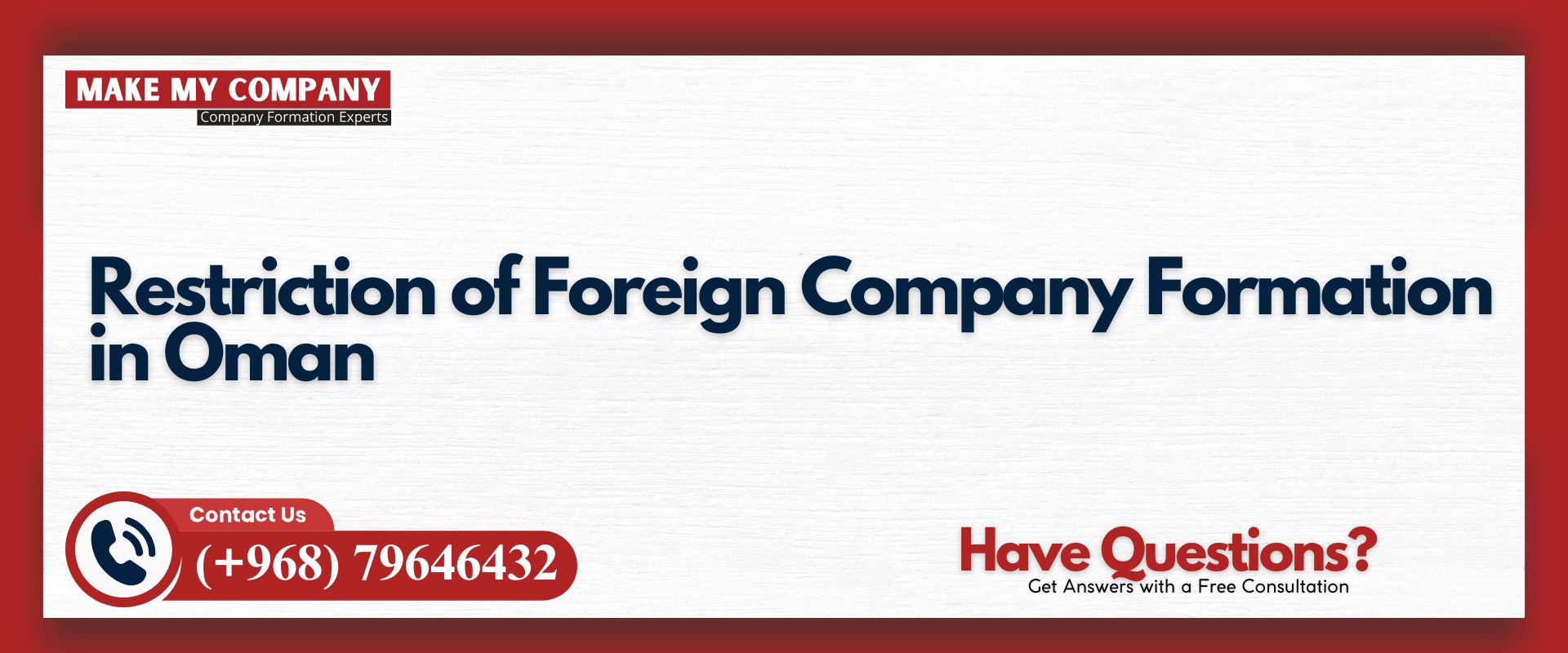Importing food products into Oman presents a wealth of opportunities for businesses eager to cater to the country’s growing demand for international food varieties. Oman’s strategic location, thriving economy, and diverse population make it a prime market for food importers. However, to succeed, understanding the regulatory framework, certification requirements, and logistical processes is crucial. This guide provides a detailed roadmap for successfully importing food products into Oman, from regulations to certifications and beyond.
Oman’s Food Import Market
Oman’s food import market has become a cornerstone of its economy, driven by its dependency on imported goods to meet the increasing demand for high-quality and diverse food products. With limited local food production, Oman relies on imports to supply essential items like packaged foods, meat, dairy, and processed products. This reliance creates a significant opportunity for international businesses to introduce their products into a growing and dynamic market. The rising urban population and a robust tourism sector further amplify the demand for imported food items, making Oman an attractive destination for food import ventures.
Overview of Food Imports in Oman
Oman’s food sector relies heavily on imports to meet the domestic demand for packaged goods, dairy, meat, and processed foods. The country’s reliance on imports stems from limited local agricultural production and a growing appetite for international cuisines. This dependency creates a lucrative opportunity for food import businesses.
Factors Driving Demand for Food Imports
The growth in Oman’s food import market is driven by several factors. The increasing expatriate population has fueled a demand for diverse international cuisines. Urbanization trends have boosted the consumption of ready-to-eat and processed foods. Additionally, Oman’s expanding tourism industry requires a steady supply of high-quality food products to cater to visitors.
Regulatory Framework for Food Imports
Oman’s regulatory framework for food imports is designed to ensure the safety, quality, and compliance of all products entering the country. The government imposes strict guidelines to protect public health and maintain international trade standards. Key authorities overseeing the import process include the Ministry of Agriculture, Fisheries, and Water Resources, and the Ministry of Commerce, Industry, and Investment Promotion. Importers must adhere to these regulations to prevent delays, penalties, or rejection of goods at customs. Understanding and following these guidelines is crucial for seamless food importation into Oman.
Key Regulations Governing Food Imports
Oman enforces strict food import regulations to ensure the safety and quality of products entering its market. The key regulatory authorities overseeing this process are the Ministry of Agriculture, Fisheries, and Water Resources and the Ministry of Commerce, Industry, and Investment Promotion.
Compliance with GCC Standards
Oman adheres to the Gulf Cooperation Council (GCC) standards, ensuring uniformity across the region. Importers must meet these standards for product quality, safety, and labeling requirements. Specific requirements include clear labels in Arabic and English, nutritional information, and manufacturing and expiration dates.
Importance of Halal Certification
For meat and poultry products, obtaining Halal certification is mandatory. This certification verifies that the products meet Islamic dietary laws and are approved for consumption in Oman.
Certifications and Documentation Requirements
Oman requires a robust system of certifications and documentation for food imports to ensure public health and safety. The process guarantees that all imported food products meet international and local standards, minimizing risks and maintaining consumer confidence. Businesses must be diligent in preparing these certifications, as missing or incomplete documents can lead to delays, fines, or outright rejection of shipments.
Food Safety and Health Certifications
To import food products into Oman, businesses must secure several essential certifications. These include the Food Safety Certificate, which ensures compliance with local safety standards, and the Health Certificate, issued by the exporting country to confirm product safety.
Certificate of Origin
A Certificate of Origin is required to verify the product’s country of origin. This document is essential for customs clearance and determines the applicable customs duties and trade agreements.
Import License
Businesses must obtain an Import License from Oman’s Ministry of Commerce and Industry. This license is a legal requirement for importing goods and must be renewed periodically to remain valid.
Steps to Import Food Products into Oman
To successfully import food products into Oman, businesses must follow a structured process to meet regulatory requirements and ensure smooth operations. Starting with registering your business, followed by securing product approvals, and finally clearing customs, each step requires attention to detail and proper documentation. By adhering to these steps, businesses can avoid delays and penalties while entering the growing Omani food market.
Business Registration in Oman
To import food products, businesses must first register as a legal entity in Oman. This involves choosing an appropriate business structure, such as a Limited Liability Company (LLC), and registering with the Ministry of Commerce, Industry, and Investment Promotion. Businesses must also secure a membership with the Oman Chamber of Commerce and open a corporate bank account.
Product Registration Process
Every food product intended for import must be registered with the Ministry of Agriculture, Fisheries, and Water Resources. The registration process involves submitting product specifications, certifications, and samples for testing to ensure compliance with Omani and GCC standards.
Partnering with a Shipping Company
Selecting a reliable shipping partner is vital for the successful transportation of food products to Oman. Consider shipping companies experienced in handling food imports and ensure they comply with Oman’s customs regulations. For perishable goods, temperature-controlled containers are essential.
Customs Clearance Procedure
Clearing customs in Oman requires thorough preparation and accurate documentation. Essential documents include the Commercial Invoice, Packing List, Bill of Lading, and a completed Customs Declaration Form submitted through Oman’s Bayan e-customs portal. Importers must also pay applicable customs duties, typically set at 5% for most food products.
Distribution and Storage of Imported Food Products
Proper distribution and storage are crucial for maintaining the quality and safety of imported food products. After clearing customs, goods must be stored under appropriate conditions to prevent spoilage or contamination. For perishable items, temperature-controlled storage facilities are essential. Efficient distribution networks are also vital to ensure timely delivery of products to retailers, restaurants, and consumers across Oman. Establishing strong partnerships with local distributors and leveraging advanced logistics solutions can streamline the supply chain, ensuring products reach their destination fresh and intact.
Storage Requirements
Proper storage is critical for maintaining the quality and safety of imported food products. For perishable goods, invest in temperature-controlled warehousing facilities that meet Omani food safety standards.
Efficient Distribution Channels
Once cleared through customs, the next step is distributing the products across Oman. Collaborate with local distributors, retailers, and e-commerce platforms to maximize reach. Establishing partnerships with supermarkets and restaurants can significantly boost sales and visibility.
Benefits of Importing Food Products into Oman
Importing food products into Oman offers businesses a chance to tap into a growing market fueled by diverse consumer preferences, economic stability, and government support. By meeting the country’s demand for high-quality, international food options, importers can enjoy strong growth opportunities. Oman’s strategic location also provides a gateway to neighboring GCC countries, making it an ideal hub for regional distribution. Combined with favorable business policies and an expanding retail sector, Oman is a promising destination for food import ventures.
High Market Demand
The growing population and increasing preference for international cuisines ensure a strong demand for imported food products in Oman.
Strategic Geographic Location
Oman’s location as a gateway to the GCC and Middle East markets offers significant trade advantages. Importers can leverage this position for regional distribution.
Supportive Business Environment
The Omani government’s pro-business policies, including tax incentives and streamlined processes, make it easier for businesses to thrive.
Diverse Consumer Demographics
Oman’s multicultural population creates a dynamic market for a variety of food products, ranging from specialty items to staple goods.
Challenges in Importing Food Products to Oman
Importing food products into Oman comes with its own set of challenges, particularly for businesses unfamiliar with the regulatory landscape. Stringent requirements for food safety, labeling, and documentation can be overwhelming, especially for new entrants. Customs clearance procedures, though designed for efficiency, may still result in delays if documentation is incomplete or inaccurate. Additionally, competition in the market is fierce, with established players offering a wide range of products. Overcoming these challenges requires meticulous planning, adherence to regulations, and strategic partnerships with local experts to navigate the complexities of the import process.
Regulatory Hurdles
Navigating Oman’s stringent food import regulations can be challenging for new entrants. Working with local consultants and legal experts can simplify the process.
Customs Delays
Delays in customs clearance can disrupt supply chains. Ensuring complete and accurate documentation is key to avoiding unnecessary setbacks.
Competition in the Market
The food import market in Oman is highly competitive. Businesses must focus on product quality, unique offerings, and effective branding to stand out.
Best Practices for Successful Food Importation
Implementing effective strategies can significantly enhance the success of your food import business in Oman. Staying informed about current regulations ensures compliance and prevents costly mistakes. Building strong partnerships with local distributors and retailers can open up vast market opportunities and streamline operations. Emphasizing product quality and branding helps you stand out in a competitive market. Finally, leveraging expert guidance from consultants with in-depth knowledge of Oman’s import process can save time, reduce risks, and help you navigate the complexities of the food import industry with confidence.
Stay Informed on Regulations
Regularly update your knowledge of Oman’s food import regulations to maintain compliance and avoid penalties.
Build Local Partnerships
Establishing strong relationships with local distributors, retailers, and logistics providers is essential for smooth operations.
Focus on Quality and Branding
Highlight your product’s quality, certifications, and unique features to attract customers in a competitive market.
Leverage Expert Guidance
Consult with business setup and legal experts in Oman to streamline the registration, certification, and importation processes.
Learn more: Company Registration in Oman
Conclusion
Importing food products into Oman is a promising venture with significant opportunities for growth and profitability. By understanding the market dynamics, adhering to regulations, and leveraging local partnerships, businesses can establish a strong presence in Oman’s food sector. For expert assistance and end-to-end support in setting up your business and navigating the import process, contact Make My Company, Oman’s trusted business setup consultancy.



